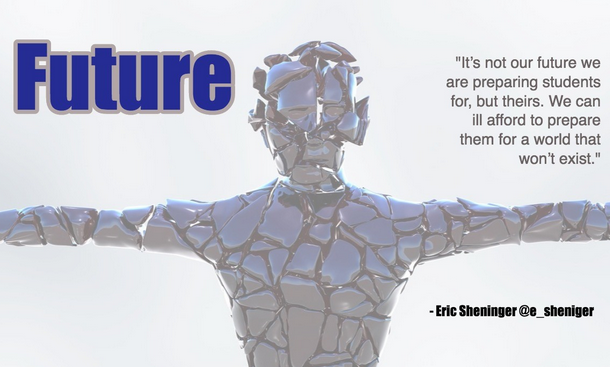We brave the evening cold as we wait for Mheshimiwa. Ominous dark clouds gather above us. We can smell rain in the air.
“A storm is coming,” an old man with a scruffy Ascot cap remarks. We nod sagely.
If Mheshimiwa is not here by 10 P.M, we’ll have to cash in our losses and go home.
A flatbed truck roars through the weathered dirt road. We take cover behind the desolate sheds of the farmers’ market where we hold our vigil. The dust rises, passes through us like a vengeful ghost, then settles.
A young mother attempts to hush her crying child.
There’s talk of voter bribery. On this very ground, an NGO with a forgettable name made some fervent attempts to condemn voter buying. That was a few days ago.
Mheshimiwa rolls in with his groupie. He squeezes his bulging mid-section through the sunroof of his Toyota Prado like a fat mole burrowing its way to the surface. He sighs and clasps his hands to make a sign of solidarity. He says he understands that we have been up late, that we need to get some tea to keep things going. He doesn’t sound apologetic.
We rush to the side of his car and jockey for the handouts he dishes out. The mother with the child is lying on the ground, gripping her leg. No one knows how she got there. No one really seems to care.
To be sure, we don’t care about a lot of things. We don’t care about where Mheshimiwa got his bag of goodies, or how he will recover his investment. If we see a tortoise on a fencepost, we probably won’t stop to ask how it got there.
We are a generation of apathetic zombies, and we have accepted our fate.
Mheshimiwa effuses about tarmac roads, about school bursaries, and something about medevac. No one seems to understand what medevac is. It doesn’t matter. His manifesto doesn’t have to make sense; it’s not like anyone is going to ask anything about it.
He chants a party slogan. We chant it back and make our way home. Tomorrow, we silently resolve, we’ll chant louder. If we don’t, word will spread in political circles that we’re not committed to the cause. Then there won’t be any more goodies.
“He gave you a hundred shillings? That inglorious she-goat! I knew that cunning cow was good for nothing!” an indignant old man who stayed up waiting for his emissaries cries.
“Well, it’s a hundred shillings more than we had three hours ago,” an optimistic son quips.
“It wouldn’t matter if it were ten shillings; I’m not even a registered voter. It’s pretty much free money” says another.
We pretend it doesn’t, but the thought of our future gnaws at the back of our minds, like a shifty worm boring into the back of our skulls. It keeps us awake at night. We are reminded of its unrelenting bleakness every time we choke in the dust of our battered road.
[irp]
Five years from now we’ll still have our dirt road. We’ll pray for rain to abate the dust, and then we’ll mock God with prayers for a better crop of leaders.
Mheshimiwa will be a fat hound baying for more blood.
Maybe out attitude will have changed; maybe we’ll demand a hundred shillings more.


Leave a Reply